A set of 10 decodable text worksheets for early readers.
What are decodable texts?
Decodable texts contain a high percentage of words that use the GPCs (grapheme-phoneme correspondences) that students have already been taught. As students learn more letter-sound relationships, they can read decodable texts of greater complexity.
Texts that focus on consonant digraphs – ‘sh’, ‘ck’, ‘ch’, ‘th’, and ‘wh’
These 10 texts focus on the consonant digraphs ‘sh’, ‘ck’, ‘ch’, ‘th’, and ‘wh’. Short vowel sounds, single grapheme letter-sound correspondences for most letters of the alphabet, and some consonant blends are also included.
What are tricky words?
The top of each worksheet lists the ‘tricky words’ that the students will encounter within the text. A tricky word can be defined as a word that a student cannot decode using their current phonetic knowledge. It is recommended that teachers highlight and discuss these tricky words with the students before commencing the worksheet.
How do I know my students are reading for meaning?
In order to ensure that students have understood what they have read (not just decoded it), a comprehension question is included at the bottom of each worksheet. A simple drawing or writing task related to the text is also included.
What texts are included?
- My Red Fish
- The Ship
- The Lost Sock
- Milk on the Rug
- It Is Wet!
- Ron in the Tub
- The Wet Track
- A Dish of Fish
- The Frog
- The Big Lunch
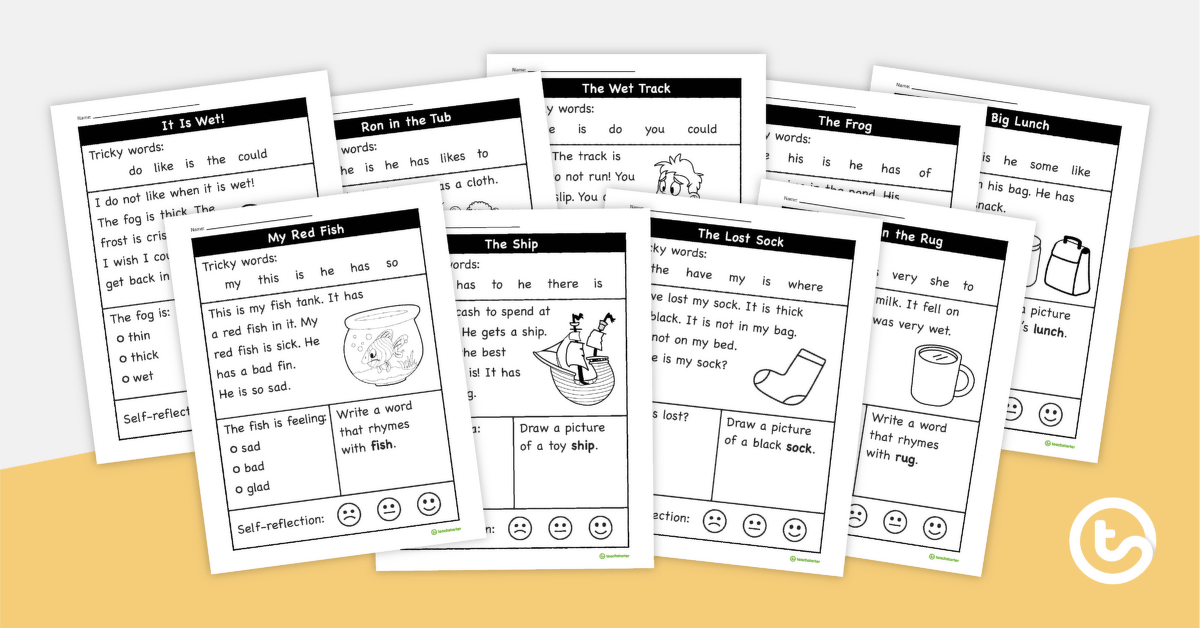

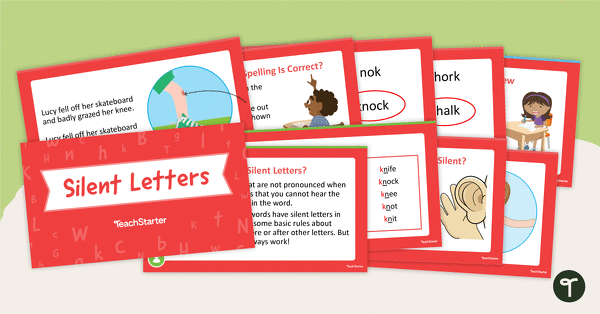
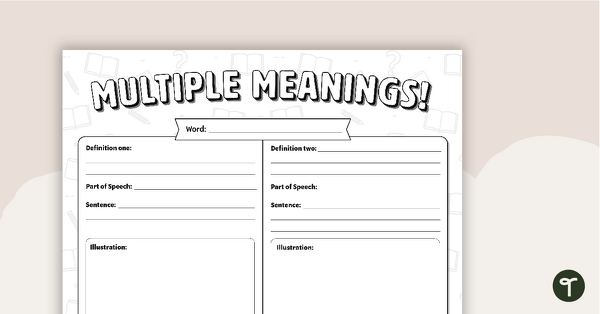
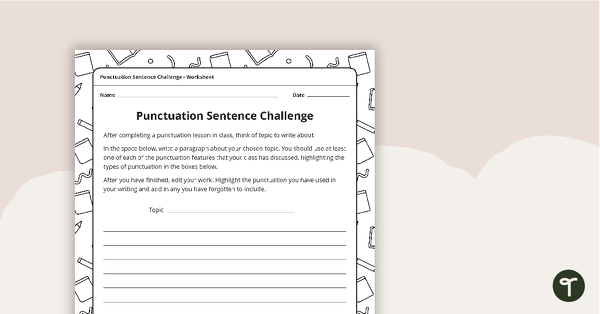
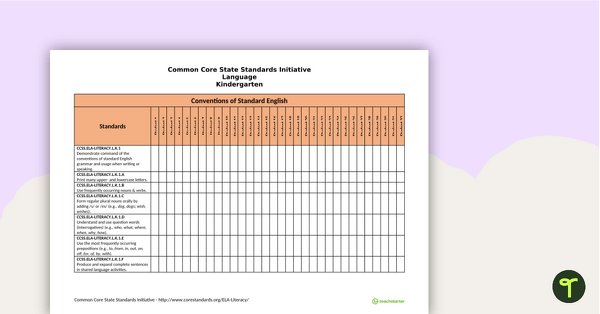
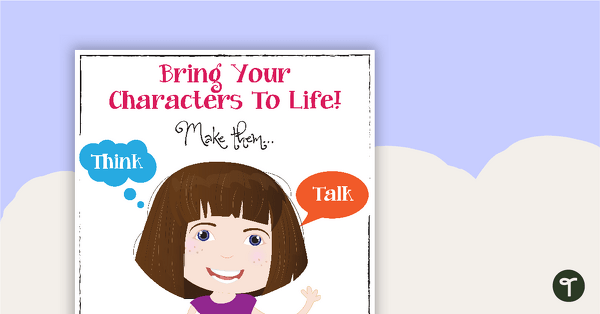
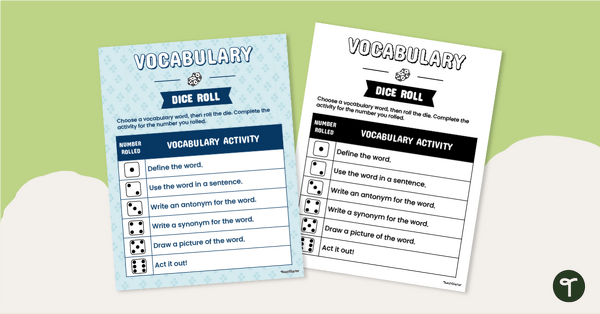
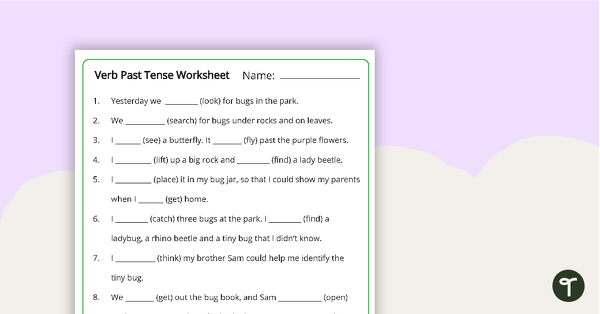
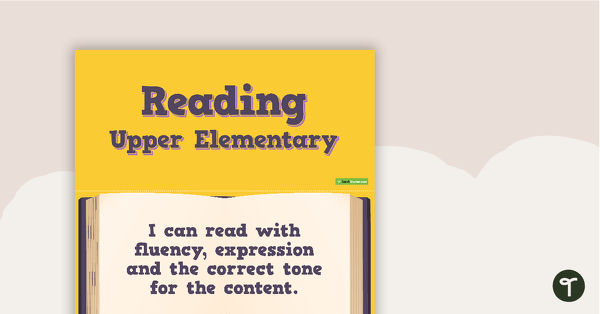
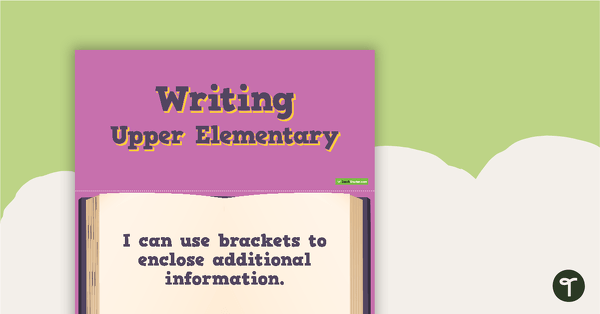
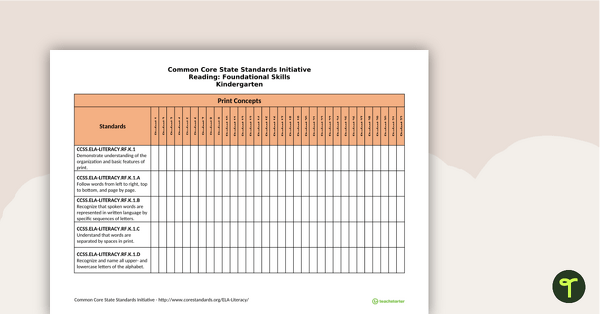
0 Comments
Write a review to help other teachers and parents like yourself. If you'd like to request a change to this resource, or report an error, select the corresponding tab above.